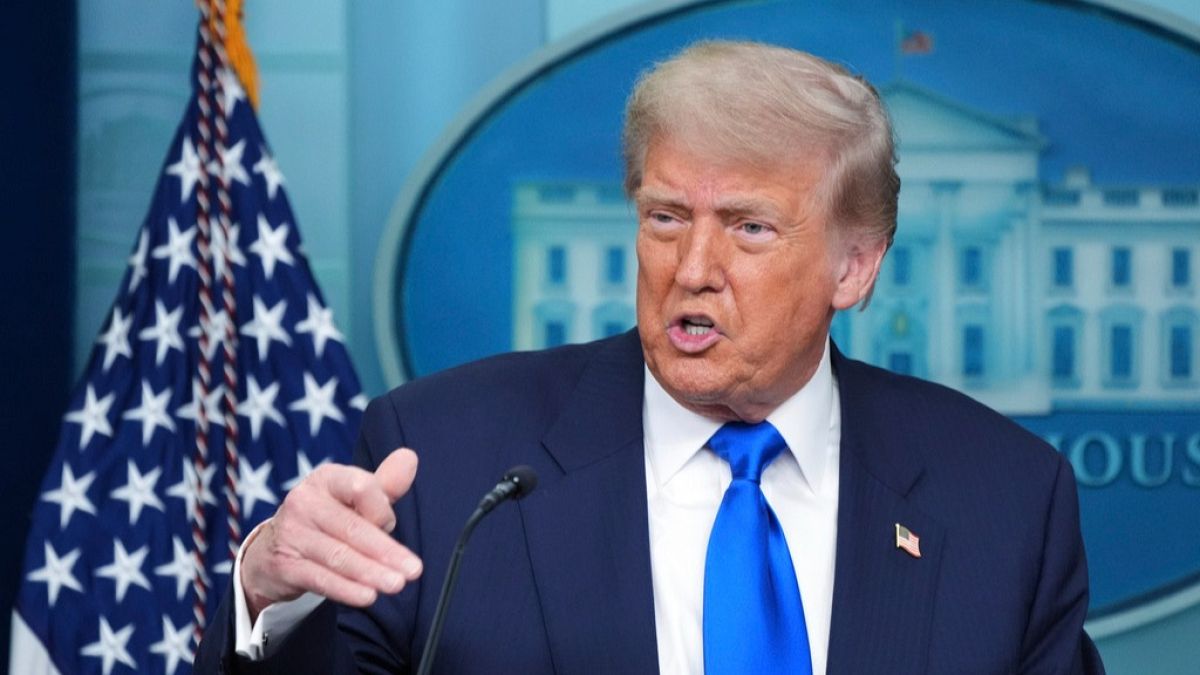

In an unfolding landscape of international policy adjustments and diplomatic engagements, several recent developments underline the shifting dynamics across the globe. These changes bring forth opportunities and challenges, each contributing to the intricate tapestry of global relations.
In a significant move, former U.S. President Donald Trump signed an executive order lifting some of the sanctions on Syria. This move does not, however, affect the sanctions targeting former President Bashar al-Assad and his associates, who have faced accusations of war crimes and human rights abuses. This decision aims to pave the way for broader strategic conversations, focusing on enhancing humanitarian aid and fostering potential stability in the region, though it cautiously sidesteps direct interaction with the contentious figures of Syria’s past regime.
Meanwhile, the European Union and Ukraine have reached a new milestone in their partnership by agreeing on a fresh trade deal. This accord seeks to replace the provisional post-war framework with a stable, long-term arrangement. Although less ambitious than some past aspirations, the agreement is rooted in realism, aiming to solidify economic ties amidst complex geopolitical circumstances. This step signifies the EU’s enduring commitment to supporting Ukraine’s recovery and integration into broader economic networks.
A noteworthy development in the realm of security alliances sees Lithuania and the Philippines forging a pact aimed at counteracting the perceived authoritarian alliances of China and Russia. This security agreement emerges against a backdrop of prolonged territorial contentions involving several Southeast Asian nations and increased maritime confrontations, particularly between Chinese and Philippine forces. By joining forces, Lithuania and the Philippines seek to enhance their strategic resilience and cooperation in the face of regional uncertainties.
On the North American front, Canadian Prime Minister Mark Carney has announced the resumption of trade talks with the United States following Canada’s decision to rescind a contentious tech tax. This policy shift clears a critical hurdle that had strained bilateral trade relations. However, challenges remain, as Canada, alongside Mexico, continues to navigate the landscape of existing U.S. tariffs, which were originally imposed with the goal of curbing fentanyl smuggling. The renewed dialogue underscores both nations’ dedication to fortifying economic ties and addressing shared concerns in a constructive manner.
Taken together, these developments reflect an ongoing recalibration of international relations, made tangible through strategic agreements and diplomatic negotiations. As nations strive to align their interests with global trends and regional imperatives, a careful balance between ambition and pragmatism emerges, promising a cautiously optimistic road ahead.
Source: {link}
